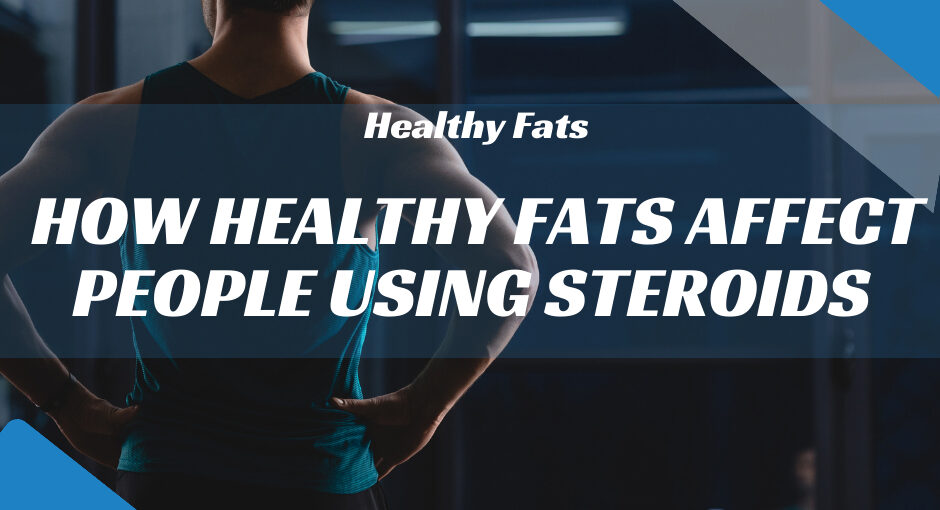When most athletes think about performance nutrition, Healthy Fats rarely get the spotlight. Yet these powerful nutrients are essential for anyone using anabolic steroids. Healthy fats influence hormone production, cardiovascular stability, and muscle recovery—all vital for maintaining performance and health during enhanced cycles.
At Bio Genetics USA, we emphasize evidence-based supplementation that fuels your body safely and efficiently. Understanding how fats interact with steroids helps athletes protect their long-term health while optimizing their gains. For more insights into nutrient synergy, check out our detailed guide on Amino Acids and Steroids.
The Science: Why Healthy Fats Matter on Steroid Cycles
Fats are not just an energy source—they’re essential building blocks for hormones, cell membranes, and nerve tissue. Every anabolic or metabolic process enhanced by steroids depends on the body’s ability to regulate fat-based hormones and inflammatory responses.
During a steroid cycle, your metabolism accelerates. This increases the body’s demand for omega fatty acids and other healthy fats to maintain hormonal equilibrium, joint lubrication, and nutrient absorption. Neglecting fats during this time can lead to hormone imbalance, fatigue, or slower recovery.
Key Benefits of Healthy Fats for Enhanced Athletes
- Hormone Regulation: Fats are precursors to testosterone and other anabolic hormones.
- Cellular Health: Fatty acids maintain flexible, responsive cell membranes for nutrient exchange.
- Joint Support: They lubricate connective tissues, reducing pain during heavy training.
- Cognitive Function: DHA (from Omega-3s) enhances focus, motivation, and mood stability.
- Inflammation Control: Omega-3 fats neutralize the oxidative stress common in steroid cycles.
Types of Healthy Fats: Which Ones Work Best?
| Type | Primary Sources | Benefits for Steroid Users |
| Omega-3 Fatty Acids | Fish oil, flaxseed, chia seeds | Reduce inflammation, protect heart health, and stabilize hormones. |
| Omega-6 Fatty Acids | Nuts, seeds, vegetable oils | Promote growth but must be balanced with Omega-3s (ratio around 3:1). |
| Monounsaturated Fats | Olive oil, avocados, almonds | Support cardiovascular function and healthy cholesterol. |
| Saturated Fats | Eggs, beef, coconut oil | Maintain testosterone levels and promote cell membrane integrity. |
💡 Expert Tip: Many athletes overlook Omega-3s. A consistent intake of 1.5–2g of combined EPA/DHA daily supports both heart and joint health during cycles.
Balancing Hormones with Fats
Steroids temporarily suppress natural testosterone production. Without enough dietary cholesterol and essential fatty acids, the body struggles to restore hormonal balance during and after cycles. Healthy fats act as fuel for endocrine recovery, especially during post-cycle therapy (PCT).
They also regulate cortisol, the stress hormone that can hinder muscle retention. Keeping cortisol balanced helps preserve strength, reduce inflammation, and stabilize mental focus.
Best Food Sources for Hormone Support
- Wild-caught salmon and sardines (rich in Omega-3s)
- Pasture-raised eggs (balanced in Omega-3 and Omega-6)
- Grass-fed beef (contains CLA and healthy saturated fats)
- Extra virgin olive oil (boosts HDL cholesterol)
Fats, Steroids, and Cardiovascular Health
Steroids can negatively impact cholesterol by lowering HDL (“good”) and raising LDL (“bad”). Without dietary correction, this imbalance increases cardiovascular risk.
Healthy fats mitigate these effects by:
- Omega-3s improving vascular elasticity and reducing triglycerides.
- Monounsaturated fats promoting better cholesterol ratios.
- Plant sterols reducing dietary cholesterol absorption.
For longevity in training and performance, a fat-conscious diet is as critical as your training intensity.
The Anti-Inflammatory Advantage
Every training session on steroids pushes the body harder — joints, tendons, and connective tissues face more mechanical stress. Healthy fats, especially EPA and DHA, counteract inflammation by reducing cytokine production and oxidative stress.
This means fewer joint aches, faster recovery between workouts, and better overall mobility — allowing athletes to sustain high performance without overreliance on painkillers or anti-inflammatories.
Healthy Fats for Bulking vs. Cutting
| Cycle Type | Goal | Fat Strategy |
| Bulking Cycle | Maximize muscle mass and strength | Include 25–30% of total calories from fats, focusing on saturated and monounsaturated sources to boost testosterone. |
| Cutting Cycle | Preserve lean muscle while shedding fat | Keep fats moderate (20–25% of total calories), focusing on Omega-3-rich sources to reduce inflammation and preserve joint function. |
Maintaining this balance ensures hormonal stability while avoiding excessive calorie surplus or deficiency.
How to Incorporate Healthy Fats Effectively
- Distribute Intake Throughout the Day: Maintain consistent energy and nutrient absorption by spreading fats across meals.
- Use Heat-Stable Oils: Cook with coconut oil or ghee for high-heat meals, and reserve olive oil for salads or low-heat dishes.
- Combine with Fat-Soluble Nutrients: Pair with vitamins A, D, E, and K for optimal absorption.
- Track Ratios: Keep Omega-6 to Omega-3 ratios under 4:1 to reduce systemic inflammation.
- Avoid Trans Fats: Stay away from hydrogenated oils that can impair heart and hormone health.
The Role of Fats in PCT (Post-Cycle Therapy)
When a steroid cycle ends, the body enters a recovery phase known as post-cycle therapy (PCT). During this time, natural testosterone levels are low, estrogen may be elevated, and the body’s hormone production is recalibrating. Healthy fats play a critical role in this recovery process.
Why Fats Are Crucial During PCT
- Cholesterol as a Hormone Precursor: Testosterone and other anabolic hormones are synthesized from cholesterol. Moderate intake of healthy saturated fats provides the raw materials to rebuild hormone levels.
- Estrogen Regulation: Omega-3 fats support liver detoxification, helping the body metabolize excess estrogen that often spikes post-cycle.
- Mood and Energy Balance: DHA and EPA stabilize neurotransmitters like serotonin and dopamine, preventing “PCT blues.”
- Joint and Skin Maintenance: Reduced water retention post-cycle can lead to stiffer joints and dry skin; fats keep tissues supple and hydrated.
Practical Fat Strategy for PCT
- Maintain 25–30% of total calories from fats.
- Focus on Omega-3s and monounsaturated fats for cardiovascular protection.
- Avoid ultra-low-fat diets, which delay endocrine recovery.
A balanced fat intake during PCT supports hormone restoration, emotional stability, and sustainable muscle retention.
Why Bio Genetics USA Recommends Fat-Conscious Performance
At Bio Genetics USA, we advocate for performance strategies rooted in science and safety. Proper fat management is often the missing link in enhanced nutrition—essential not only for hormone health but also for longevity in strength and endurance training.
Our mission is to help athletes train smarter, recover faster, and sustain progress through balanced, research-backed supplementation and nutritional education.
Final Thoughts: Healthy Fats Are the Foundation of Lasting Gains
Steroids may amplify muscle growth, but healthy fats sustain it. From hormone regulation to joint recovery and PCT balance, fats ensure your body performs and heals efficiently.
Integrate quality fats into your nutrition plan and complement them with trusted supplements from Bio Genetics USA to keep your progress steady and sustainable.
👉 Fuel your growth and recovery safely — visit Bio Genetics USA and build lasting strength from the inside out.






